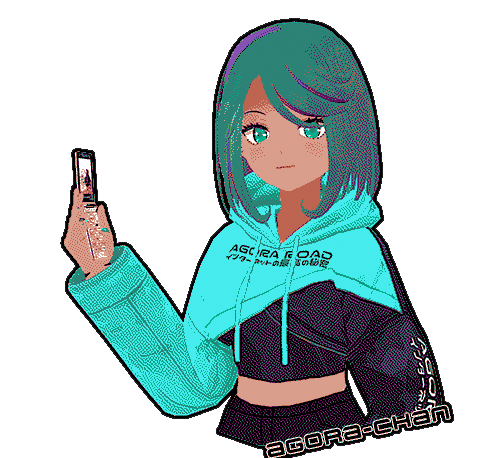containercore
The Y2K bug was real, civilization ended in 1999
Anti-thoughts are a type of non-argument which not only fail to provide a substantive point, but actually seek to shut down any meaningful discussion. They aren't exactly fallacies (which are simply bad arguments) but something more pernicious. Most often they take the form of platitudes and truisms.
An example of what I mean: I post in a few different art communities. Occasionally the question of what constitutes good art comes up, as one might expect. As people present and weigh their different criteria it's all but inevitable that someone drops this perennial bit of wisdom: "Well art is subjective... So what may be good according to you might be bad according to someone else..."
Sure, this may be true, it's probably an inarguable a priori truth, but then so what? It doesn't offer any insight whatsoever into the subject at hand. It doesn't answer the question, nor does it even attempt to. It does the precise opposite in fact. It dismisses any answer to the question as arbitrary and declares the question itself a complete waste of time. Entertaining it stops all further thought on the subject in its tracks. It's pure anti-thought.
The notion that there can be any distinction between good or bad art is impossible because criteria cannot exist, only qualia. Any statement on the purpose, nature, or qualities of art can be handwaved away with a simple "it's all subjective, bro", no reasoning necessary.
Has anyone else observed this particular species of non-argument? And if you have what are some other examples?
An example of what I mean: I post in a few different art communities. Occasionally the question of what constitutes good art comes up, as one might expect. As people present and weigh their different criteria it's all but inevitable that someone drops this perennial bit of wisdom: "Well art is subjective... So what may be good according to you might be bad according to someone else..."
Sure, this may be true, it's probably an inarguable a priori truth, but then so what? It doesn't offer any insight whatsoever into the subject at hand. It doesn't answer the question, nor does it even attempt to. It does the precise opposite in fact. It dismisses any answer to the question as arbitrary and declares the question itself a complete waste of time. Entertaining it stops all further thought on the subject in its tracks. It's pure anti-thought.
The notion that there can be any distinction between good or bad art is impossible because criteria cannot exist, only qualia. Any statement on the purpose, nature, or qualities of art can be handwaved away with a simple "it's all subjective, bro", no reasoning necessary.
Has anyone else observed this particular species of non-argument? And if you have what are some other examples?












